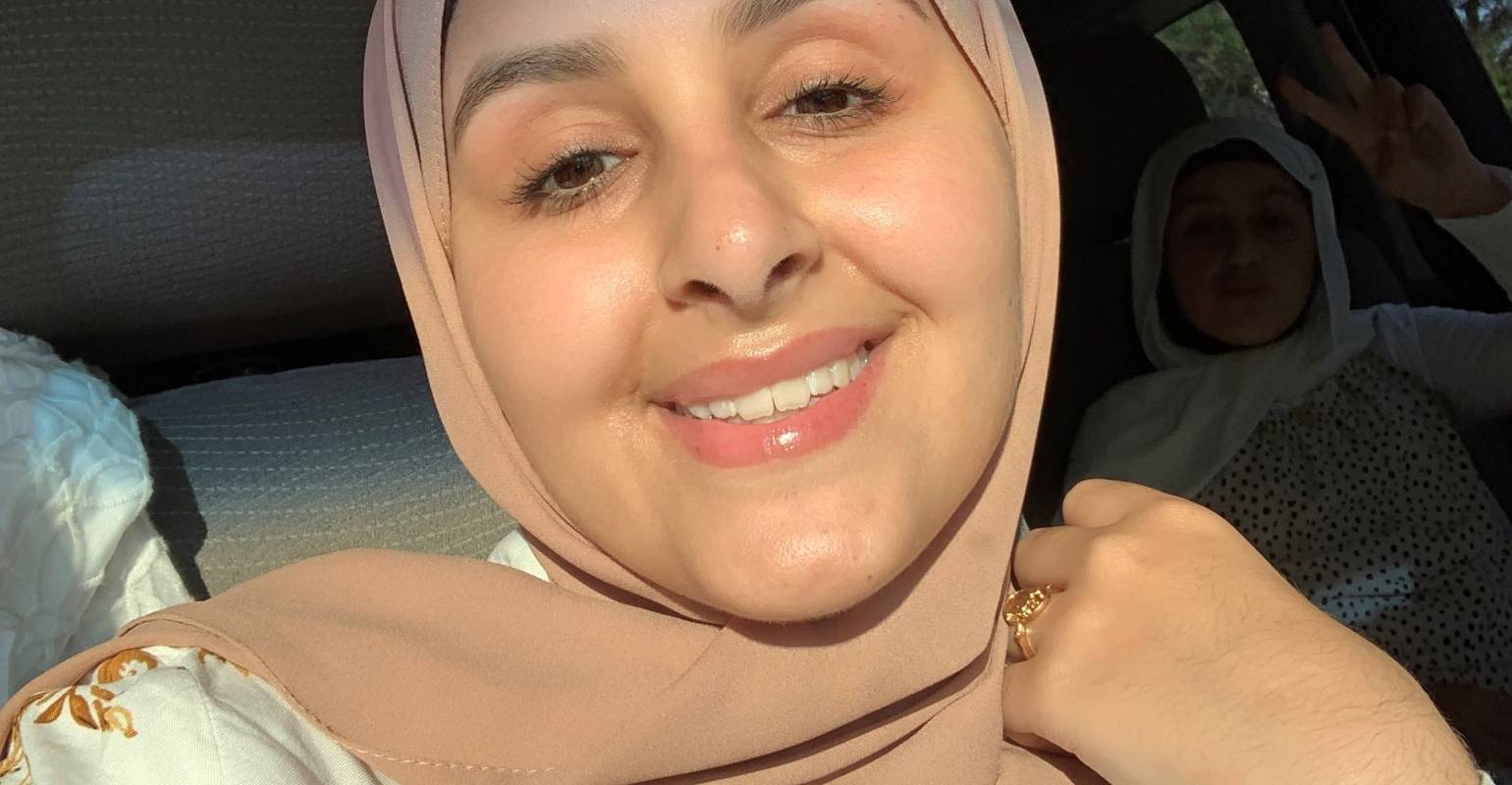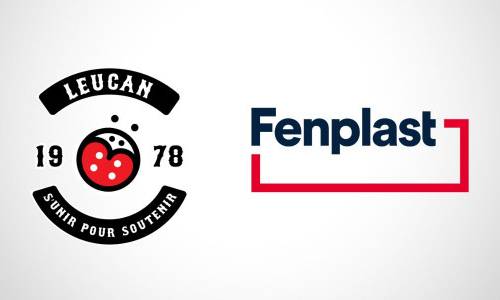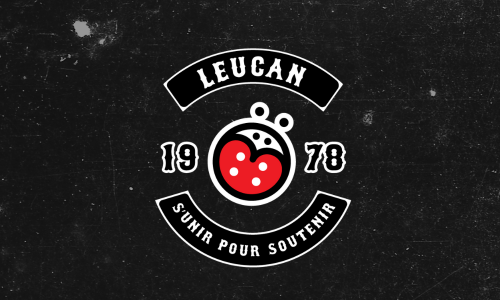Every year, Leucan marks International Childhood Cancer Day by addressing a little-known aspect of this disease affecting nearly one new family in Quebec every day. While hundreds of lives are turned upside down by a childhood cancer diagnosis every year, the physical and psychological effects of such a diagnosis remain widely unknown.
In its ongoing efforts to continue to advance the cause, Leucan is seizing the opportunity of Childhood Cancer Day to bring to light the post-cancer experience of survivors. Even after therapy is concluded and remission is underway, cancer leaves an indelible mark. Today, Ruqaya Khanafer, a young adult in remission, shares her story.
Being Diagnosed with Brain Tumour at the Age of 14
Ruqaya was 14 years old when she sought medical advice for severe headaches. After a series of tests, the diagnosis fell: pinealoblastoma—a stage-four malignant brain tumour.
She underwent a 10-hour surgery to get the tumour removed but one year later, the tumour was back, bigger than ever. Fortunately, research carried out on this type of tumour reduced treatment time from two years to seven months.
The Physical and Psychological Effects of Cancer
Cancer and anti-cancer therapies often lead to various symptoms and side effects, and every patient will react differently. For Ruqaya, chemo- and radiation therapy took a heavy toll. The young woman recalls feeling like she was slowly withering away.
Leucan provides services to alleviate suffering, support families financially, inform them, and break them out of their isolation during their hardship, leaving them free to focus all their energy on their child’s recovery.
But What Happens Next?
When Ruqaya returned to school, she had to face a completely new reality. Thanks to her perseverance and dedication, she received the Student of the Year award.
Today, Ruqaya has been in remission for nearly two years. She continues to not let cancer define who she is even though it will always be a part of her life.
“I’m in college now, attending classes at night. I’m also taking part in cancer awareness projects and volunteering. It’s tiring work but I can do it. I would love to become a doctor but my own experience left me a little gun-shy. I sometimes wonder if I’ll ever go back to a normal life.” Indeed, Ruqaya is still coping with sequelae from treatments, including double vision.
Living with Treatment Induced Sequelae
An increasingly greater number of young Canadians diagnosed with a brain tumour will recover. That being said, 70% of childhood cancer survivors will develop sequelae arising from cancer or treatments. Out of that number, 50% will experience severe health issues.
After an intensive treatment period, it is not uncommon for survivors to have significant functional limitations such as learning disabilities, trouble concentrating, language impairment, difficulties with social connections or relationships, and fatigue. Those issues can hinder their return to their day-to-day activities and to a better quality of life.
Leucan: A Reassuring Presence Throughout Cancer and its Effects
Leucan ensures that every family receiving a childhood cancer diagnosis is supported throughout the treatment process with services tailored to their individual needs.
Once treatments are over, Leucan follows up with cancer-surviving members to assist them in the next stage of their lives. To that end, Leucan developed and launched a series of initiatives and individualized services.
Moved by Ruqaya’s story? It is possible to donate so that Leucan can continue supporting families like hers.











